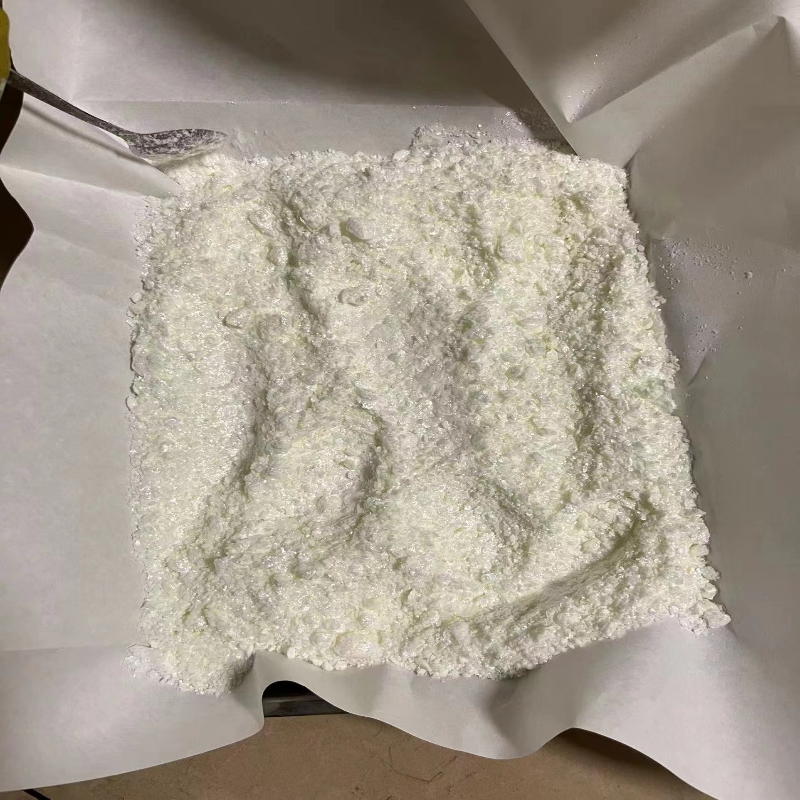-
Categories
-
Pharmaceutical Intermediates
-
Active Pharmaceutical Ingredients
-
Food Additives
- Industrial Coatings
- Agrochemicals
- Dyes and Pigments
- Surfactant
- Flavors and Fragrances
- Chemical Reagents
- Catalyst and Auxiliary
- Natural Products
- Inorganic Chemistry
-
Organic Chemistry
-
Biochemical Engineering
- Analytical Chemistry
-
Cosmetic Ingredient
- Water Treatment Chemical
-
Pharmaceutical Intermediates
Promotion
ECHEMI Mall
Wholesale
Weekly Price
Exhibition
News
-
Trade Service
In order to reverse the "bear market" of oil prices, on December 7, local time in Vienna, the Organization of Petroleum Exporting Countries (hereinafter referred to as OPEC) and its allies reached a consensus and decided to reduce oil production by 2 million barrels per day on the basis of October 2018, of which OPEC bears 800,000 barrels per day, and non-OPEC bears the remaining 400,000 barrels per d.
Context: foreseeable global economic stress
The global economy has long been a focal point for oil traders and a guide for what to do ne.
Internal worries: OPEC members have their own ghosts
OPEC's production cut agreement, released a few years ago, can be said to be the holy grail to announce the rise in oil prices, but its influence has been weakening in recent yea.
Foreign trouble:.
With the maturity of shale oil development technology in the United States, the daily output of crude oil in the United States has surpassed that of Russia and Saudi Arabia, and has become the world's largest oil producer in one fell swo.
Summary: Although OPEC aims to keep oil prices at levels recognized by most countries by controlling oil supp.







